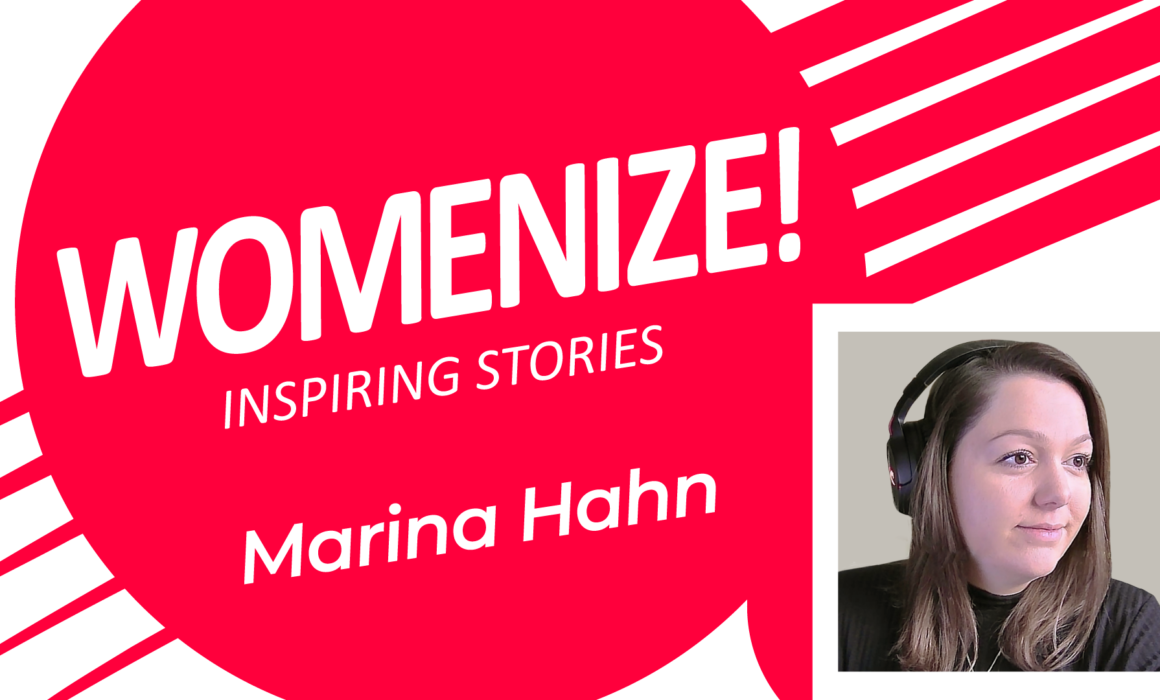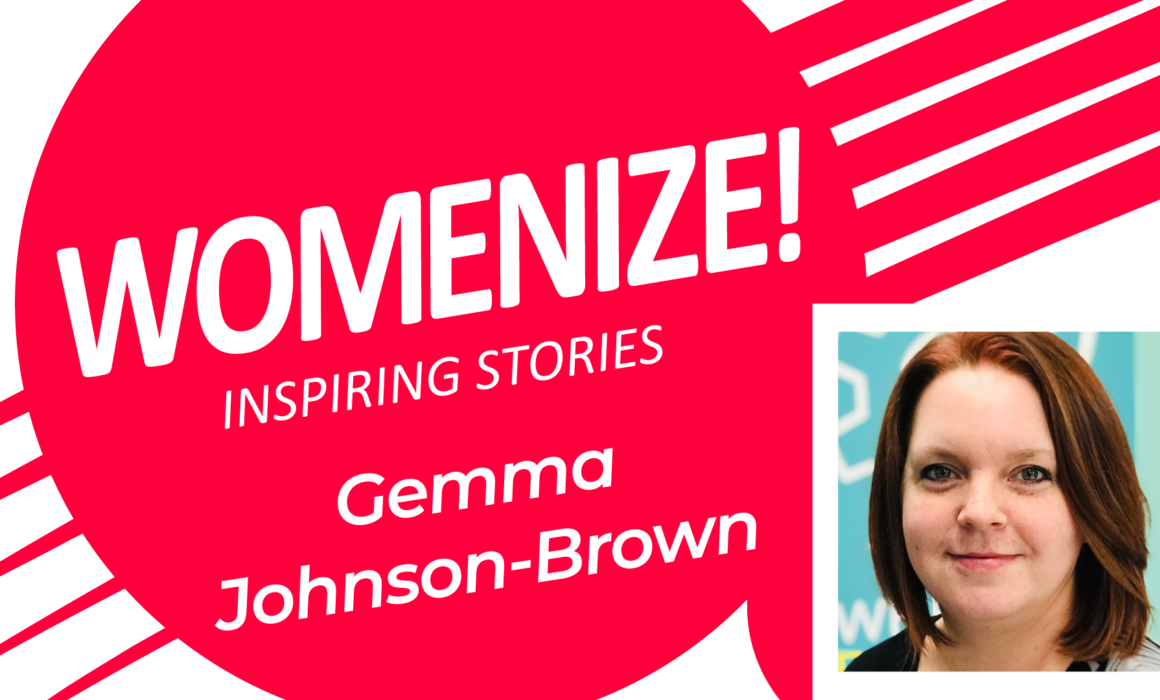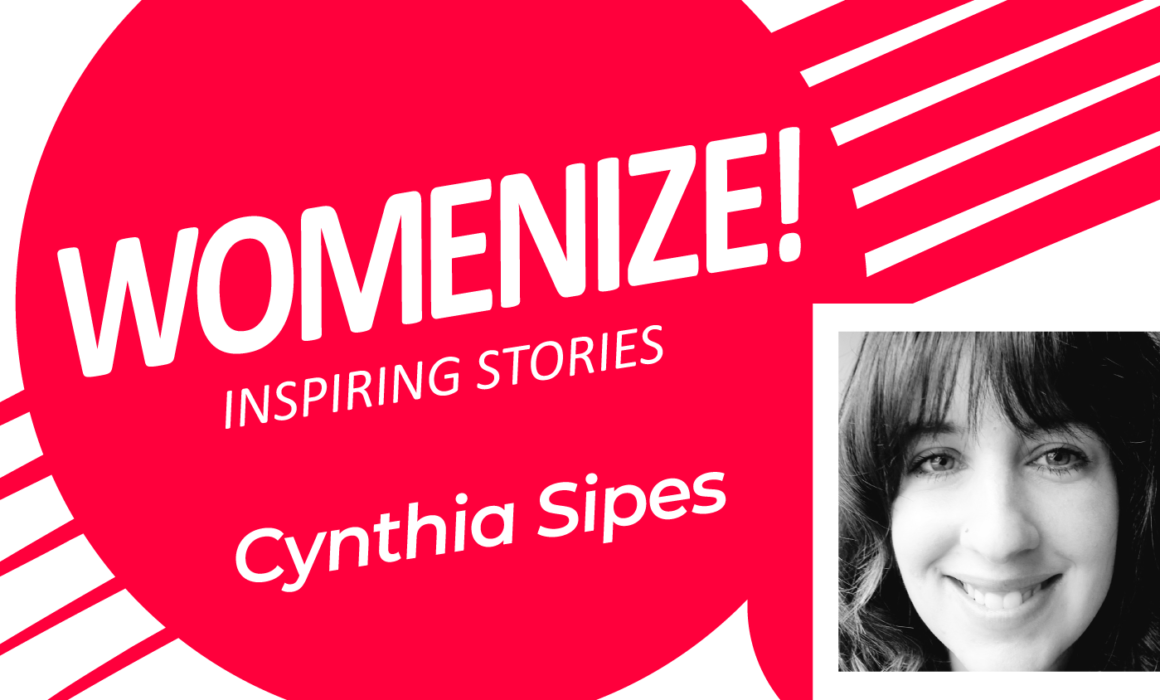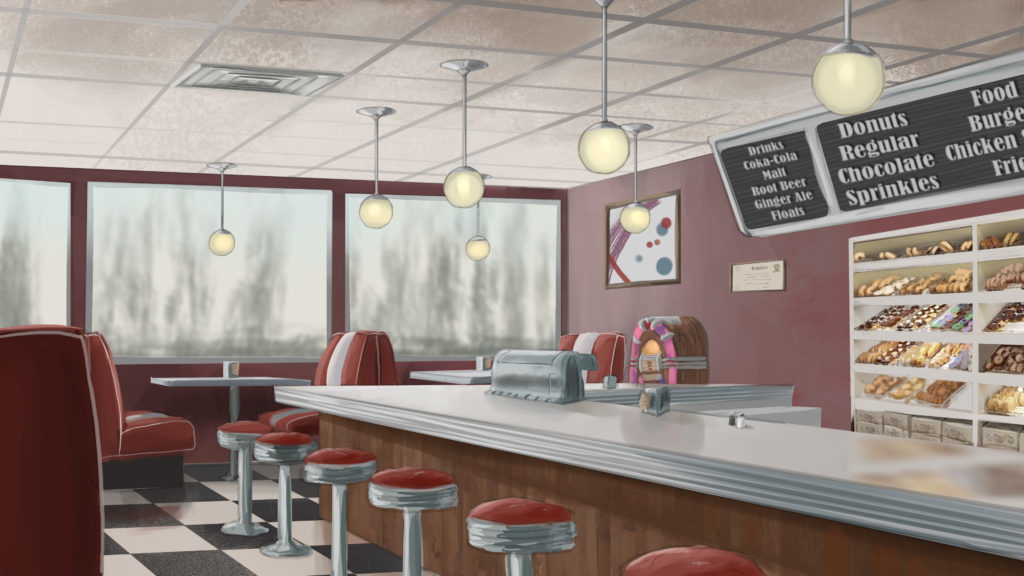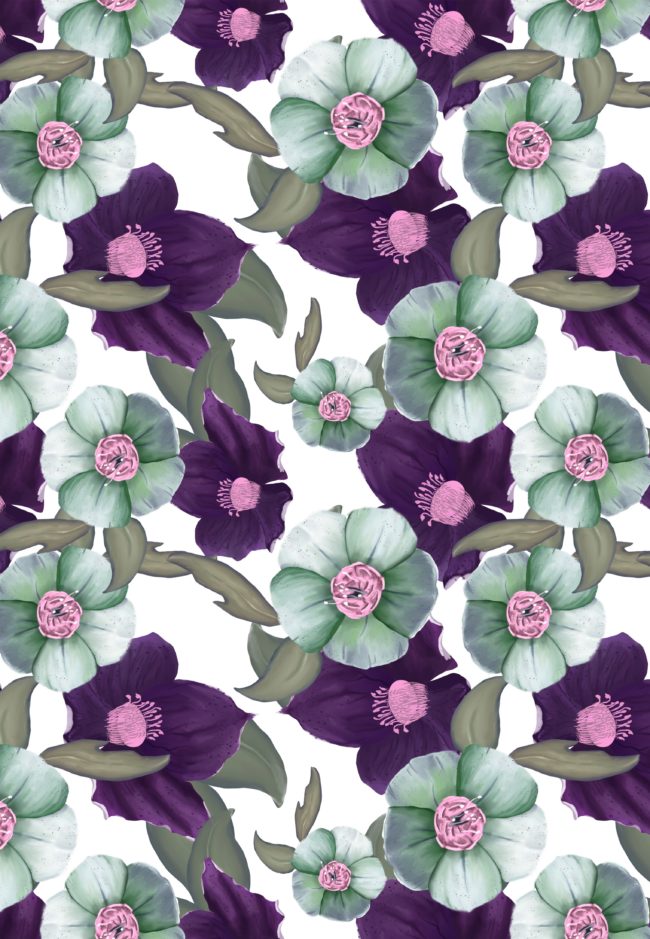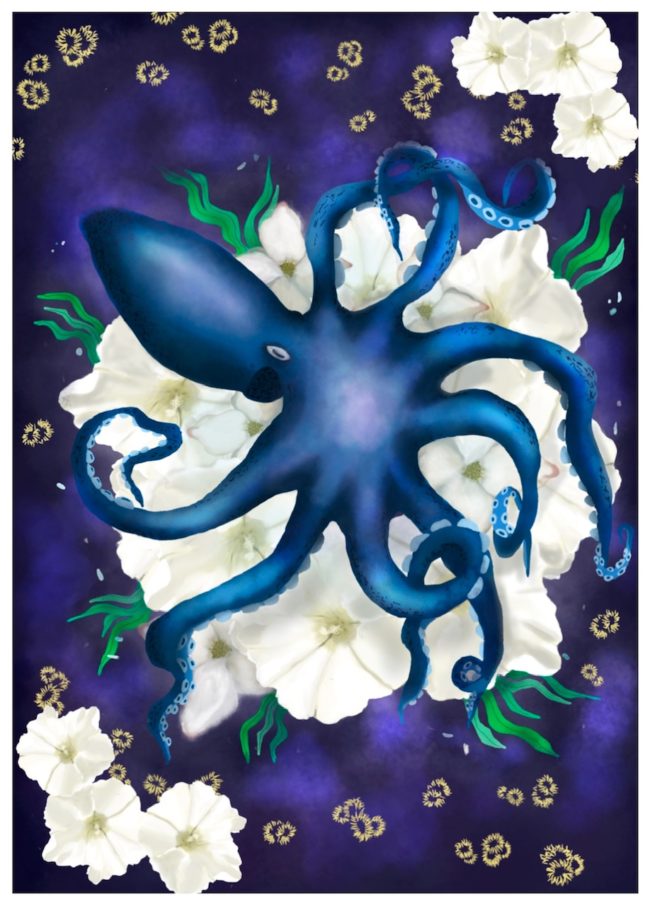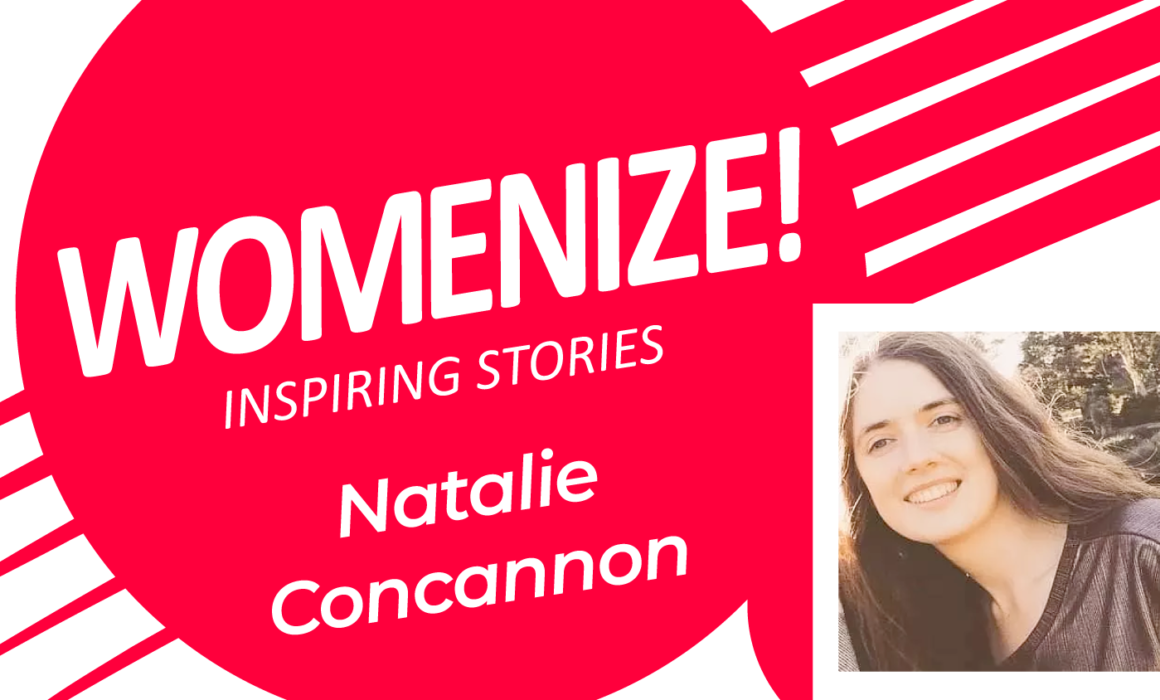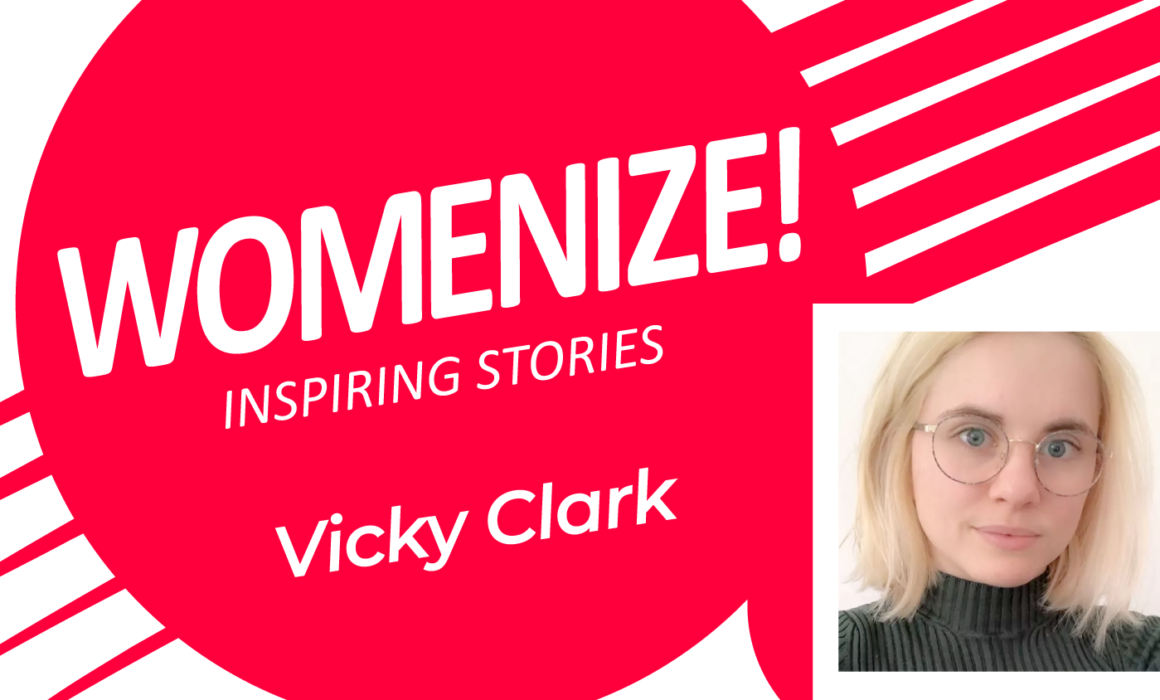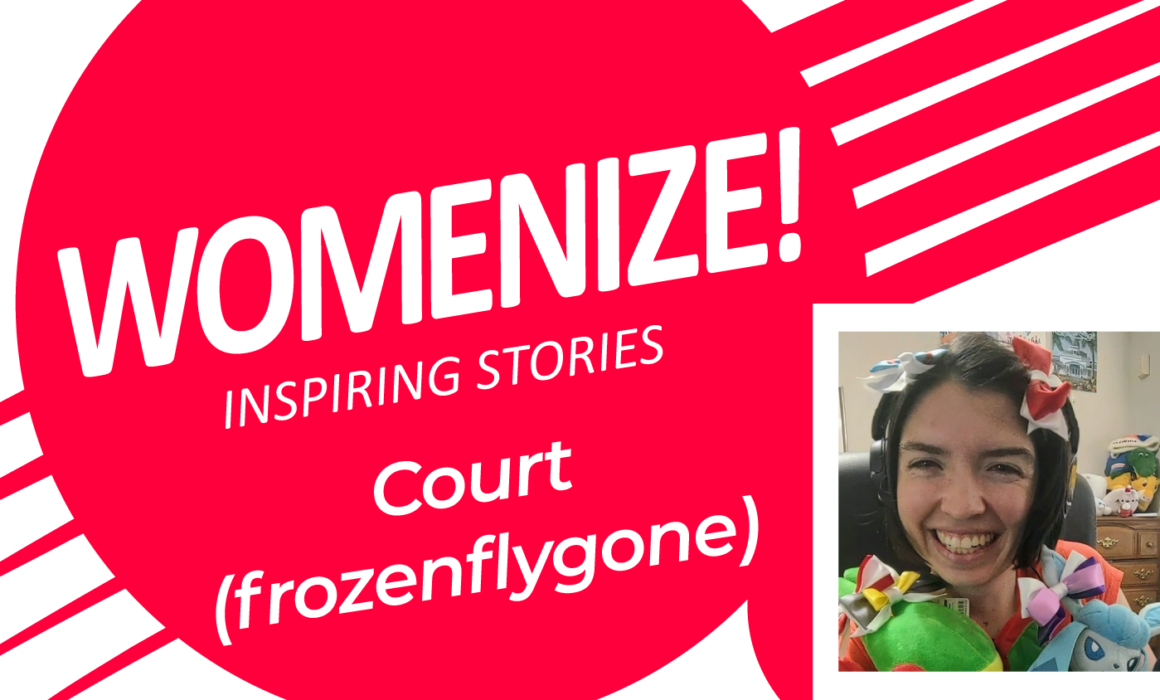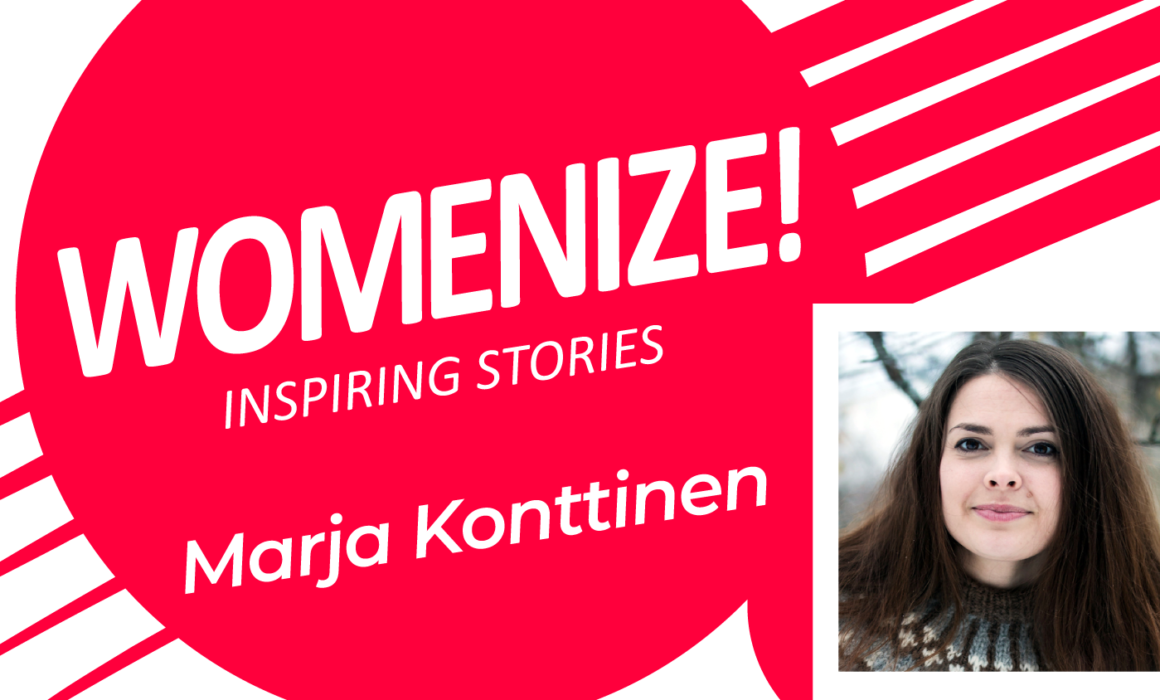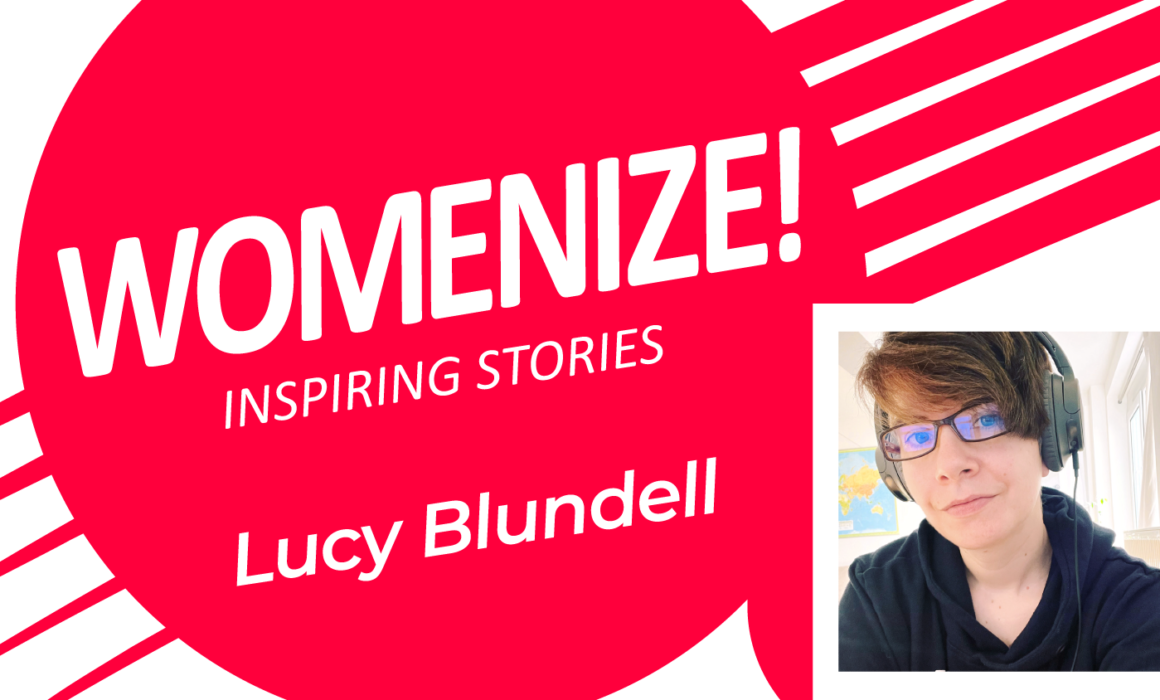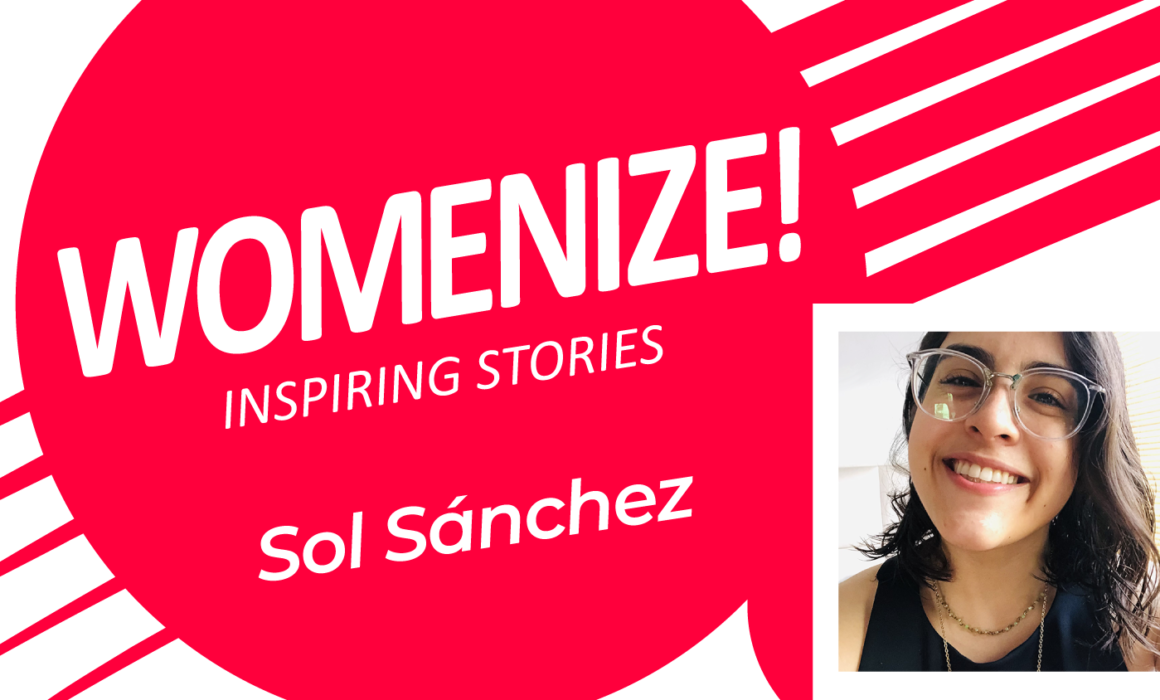Marina Hahn – Womenize! – Inspiring Stories
Womenize! – Inspiring Stories is our weekly series featuring inspirational women from games and tech. For this edition we talked to Marina Hahn, Founder & Managing Director at Black Cave Entertainment. She shares insights on switching industries and starting up an independent games studio. Read more about Marina in this interview:
Hi Marina! Why did you decide to move into a different industry, then return to gaming by founding your own studio?
After my first job in the games industry, I didn’t find the right studio in Germany where I could work on projects that excited me. So I temporarily switched to architectural visualization, where I could work on realistic highpoly scans of people as a project manager. Nevertheless, I always wanted to return to the games industry and with my colleagues at that time and now, I found the right people to realize my dream of having my own company to develop the games that I, or rather all of us, would like to play ourselves. Therefore, our game “inAntrum” has a stylized 3D graphic style with focus on action-adventure and RPG mechanics.
What inspired you and the team to come up with the game mechanics and setting for “inAntrum”?
The inspiration for “inAntrum” are the games that I and the team have loved playing the most: “Witcher 3” and “The Legend of Zelda: Breath of the Wild”. So our game is a mixture of the RPG and adventure genres. The setting of “inAntrum” was a longer process in which we wanted to create a unique fantasy setting. Thereby we didn’t want to use the generic characters like orcs, elves or dwarves. Instead, we developed our own humanized animal creatures, each with some unique characteristics of the corresponding animal. We also wanted our world to feel and function differently from familiar fantasy worlds. So we came up with the idea of a cave world and the impact this would have on the climate, the inhabitants and the problems in this world.

Are there any exciting new projects you are currently working on?
I am currently working on our upcoming Kickstarter campaign, which launched yesterday (May 17, 2022), to fund the development of “inAntrum – Part I”. Since “inAntrum” will be released in 5 parts, a large part of my future work will be building up the IP of “inAntrum” alongside working on the game.
In addition, there is another smaller project we want to realize in the future, which will also be set in the world of “inAntrum”: the prequel to the game series. However, the gameplay mechanics and art style of this game will be a pure adventure game inspired by “The Legend of Zelda: Link’s Awakening”.
Thanks for this interview, Marina!
Marina’s links: LinkedIn │ Black Cave Entertainment │ inAntrum on Steam │ inAntrum Kickstarter campaign │ Twitter │ Discord
Womenize! – Inspiring Stories Feature by Sophie Brugmann

